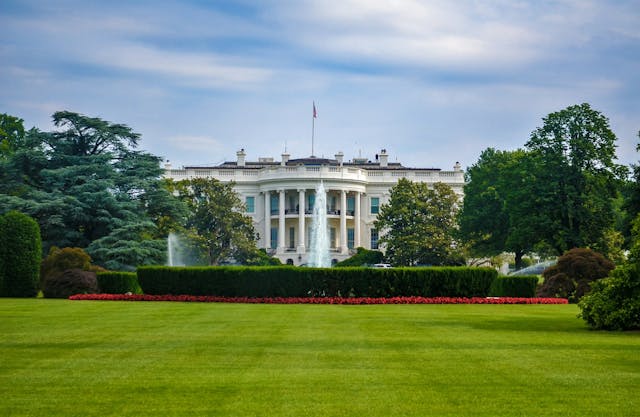Don’t Blame The 'Spoilers' — Fix Elections

The “three lanes” present in this year’s presidential primary are certainly the perfect storm for the GOP establishment. Today, the GOP elders’ calls to Ohio Governor John Kasich are likely getting more frantic, essentially telling him that he is now the spoiler for Marco Rubio’s chance to take the nomination from Donald J. Trump.
The elders would call Ted Cruz, but they don’t seem to have his number — not to mention that any accusation to Cruz that he is the spoiler would be met with reciprocal derision that Marco Rubio is the real culprit.
So let’s focus on Kasich. Should he have to bow to this pressure? Should he have to apologize for continuing his bid?
It’s not a new problem. You may believe that Ross Perot spoiled George H. W. Bush’s re-election in 1992 or that Ralph Nader spoiled Al Gore’s win in 2000. But is the problem with the persistent candidate? Is the problem with the voters who refuse to “strategically vote” and end up helping the candidate they like least by voting for the Nader, Perot, Kasich, or Carson, whom they like most? Should you apologize for having voted for Perot or Nader? Kasich or Carson?
No, the problem is the system we have chosen for most of our elections. A plurality of votes is enough to carry the day in most American elections, and it’s true in our presidential primaries. So, if Trump wins a primary with 35%, by definition, that means 65% voted for someone not named Trump. It’s not at all clear that Trump could beat all of those other candidates in a head-to-head match-up.
An alternative is a runoff, where if no candidate has a majority, voters return to the polls to select from only those two. This “two-round system” to achieve a majority winner is used by over 20 countries to elect their presidents. Majority runoffs are used in American state legislative elections by 11 states (ironically, largely in their primary races), according to the National Conference of State Legislatures.
Granted, a second round is pretty tough to fathom for our state-by-state presidential primaries. A more elegant solution is ranked choice voting, or instant runoff voting, a system that achieves a majority result based on each voter ranking his/her preferences (in a field of choices greater than two).
The weakest candidates are sequentially eliminated, and votes are reallocated based on each voter’s preference, saving a second trip to the polls. The system is used in several countries, including Ireland and Australia, as well as an increasing number of municipalities in the U.S.
After electing five recent governors with less than 40% of the popular vote, Maine will vote this November on adopting ranked choice voting statewide.
Combining majority voting methods with our byzantine primary process, not to mention adding them in the state-by-state awarding of electoral votes in November, is no small task. But if the product of any election process is not the candidate with the greatest support of those voting, maybe it’s time to consider some changes.



